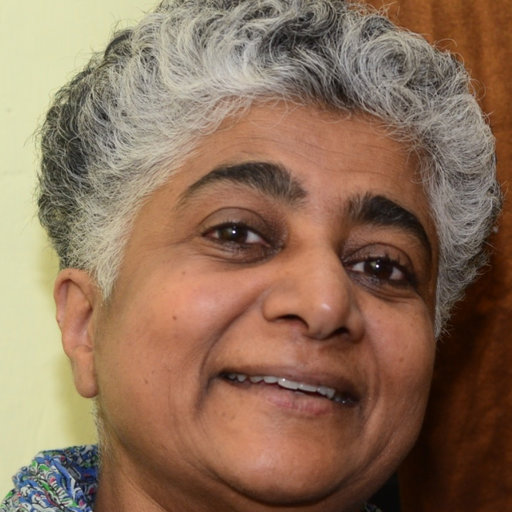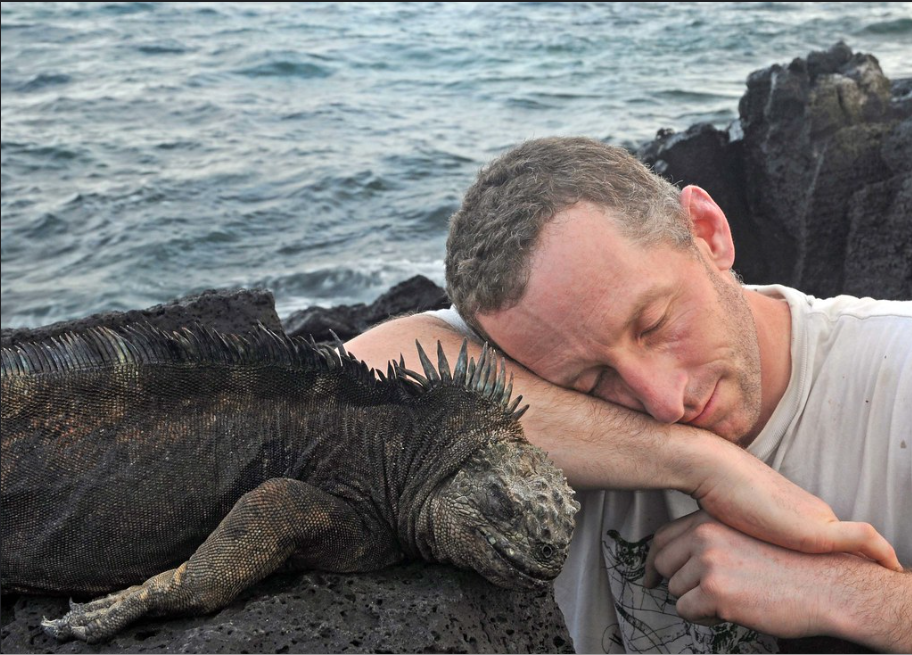About Program
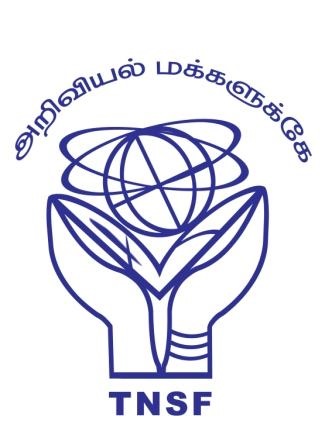
This is part of its efforts to popularize science to the general public and students who are pursuing science as their career. TNSF attempt to focus on students on higher science as everyone knows that learning of science at college within the curriculum is not enough to acquire holistic knowledge of science at the appropriate time. Hence, to fill the gap between what students are acquiring through the curriculum and what it is required, TNSF is planning its activities on higher science to students who are pursuing higher education.
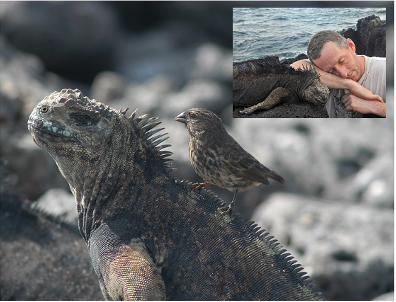
About the Lecture Dr. Andrew Hendry will cover, When Darwin visited the Galapagos, he was fascinated by the huge range of different types of finches that he saw on the same island, as well as on different islands, and this provided some of the early inspiration for his ideas on evolution through natural selection. Over time, the generally accepted explanation for this pattern of variation is that an early finch-colonisers arrived on the island, and diversified into several species by a process called “adaptive radiation.” This rapid process of natural selection resulted in many species with specialised diets living on the same island (sympatric). The work of Prof. Hendry and his collaborators reveals a nuanced picture of this clean picture. This work showed, for one, that Darwin’s finches might rather be called “imperfect generalists” – eating everthing in good years and being specialised feeders in bad, dry years. The work also demonstrates that adaptive radiation is still going on the Galapagos, but that human influences interfere with this process. Prof. Hendry will enlighten us with some of these research results. Read more at: The adaptive radiation of Darwin
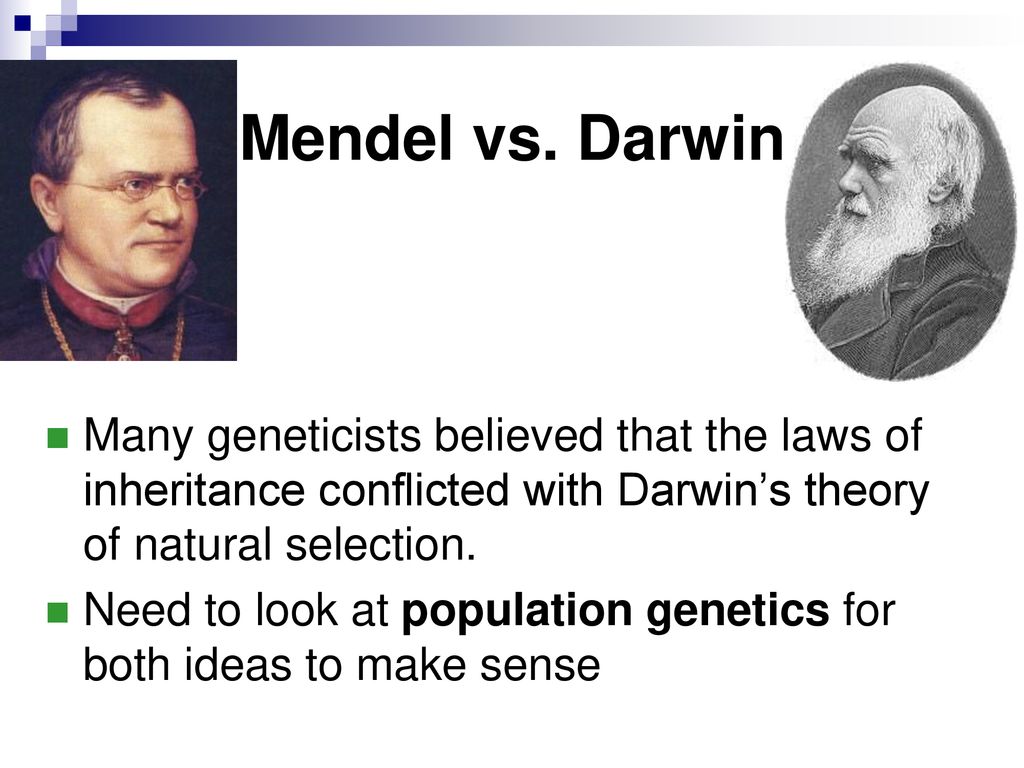
Dr. R. Geeta talks about, According to Charles Darwin (and contemporary Alfred Wallace), Natural Selection is a process by which change is brought about in populations that vary in some character. Individuals carrying a particular character are able to survive and reproduce better than other types of individuals in the same environment. The young of more “fit” individuals may inherit the character that also makes fit. Over time, the population contains more and more fit individuals.The population evolves. How are these characters inherited? This was not understood in Darwin’s time (late 1800’s), even though Mendel had done his work in 1860-66. At the turn of the century, the genetic basis of variation in living organisms was understood better; this allowed biologists to quantify and better understand evolutionary change. In this talk, Dr. Geeta will briefly explain how the knowledge of inheritance in individuals enabled us to explain inheritance and change in populations.
